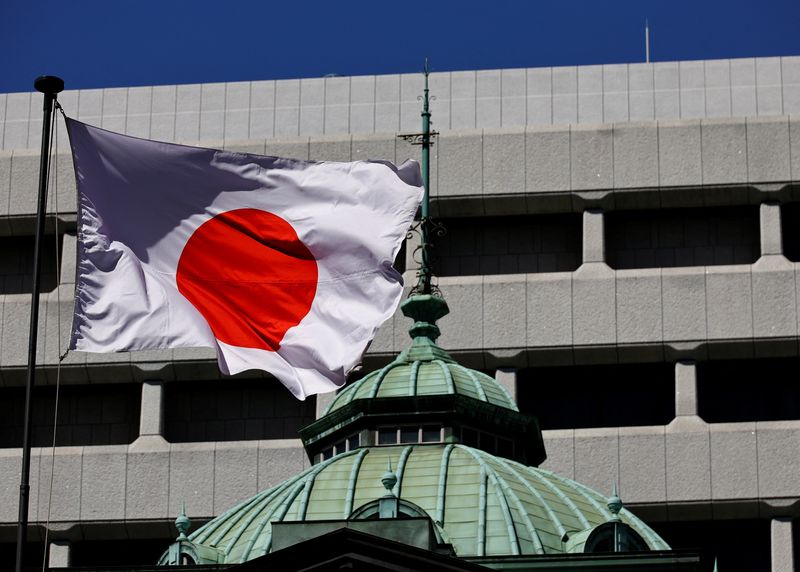×
Select Language
Financial news
Knowledge Hub
BOJ ends negative rate policy
2024-03-19 11:42:09

TOKYO (Reuters) - The Bank of Japan (BOJ) on Tuesday decided to end its negative interest rate policy, marking a landmark shift away from its huge stimulus programme.
It was Japan's first interest rate hike since 2007.
BOJ Governor Kazuo Ueda is expected to hold a news conference at 3:30 p.m. (0630 GMT) to explain the decision.
Under its negative interest rate policy, the BOJ had applied a 0.1% charge to a small pool of financial institutions' excess reserves parked with the central bank. The policy had been in place since 2016.
With inflation having exceeded the BOJ's 2% target for well over a year, many market players had expected the central bank to exit its ultra-loose monetary policy in March or April.

